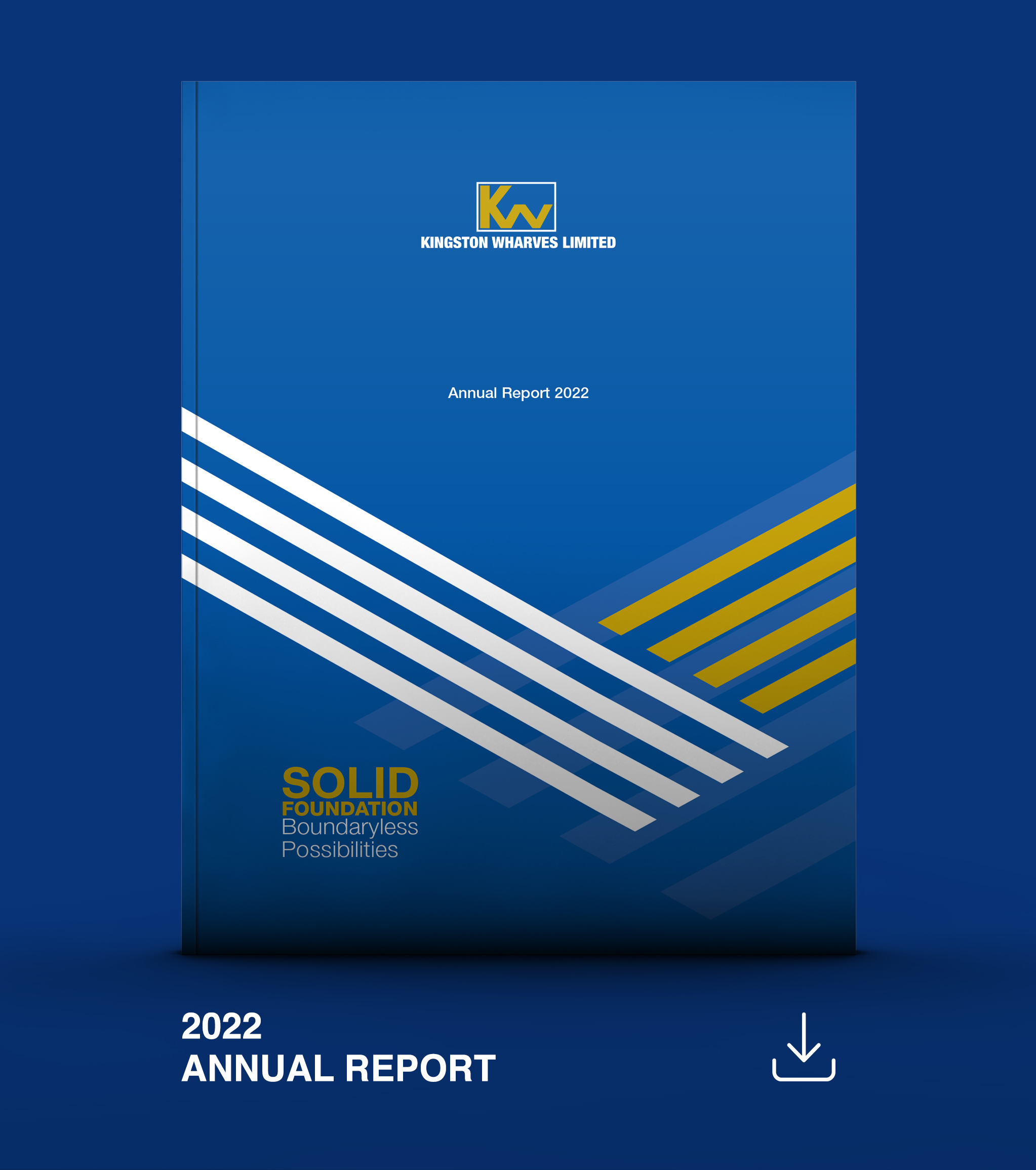CEO for Kingston Wharves Limited Grantley Stephenson has encouraged regional port operators to make mindset, strategic and operational shifts, in order to take advantage of port-centric logistics opportunities that still abounded despite global uncertainties.
“As an industry, firstly, we need to undergo a mindset shift about who we are and our potential for growth. This requires us to see ourselves not just as public utilities, but also as profit-centres.
“We can, ourselves, become centres for customer service excellence, generators of revenues and wealth creation, and therefore major contributors to our country and region’s sustainable economic and social development,” the Kingston Wharves CEO underscored.
Mr. Stephenson was speaking on the final day of the three-day Caribbean Shipping Association Executives Conference held at the Jamaica Pegasus Hotel in Kingston recently.
The KWL CEO noted that despite the rise of e-commerce, which was more closely associated with airfreight, some 90% of world trade still took place by sea and as such placed ports in an advantageous position. Furthermore, he said, logistics experts have predicted that the global logistics industry will attain US$15.5 trillion by 2023, adding that the expansion of the Panama Canal to a waterway that can accommodate vessels some three times larger than its original capacity, has also given regional ports more opportunities.
While ports play a critical role as enablers of trade, these operations must be balanced in their approach to maintain efficiency and profitability.
“As enablers, we must ensure that the wheels of industry continue to turn; that raw material get to manufacturers to facilitate the production process and efficient movement along the retail supply chain. Ports are also the vital link in ensuring critical medicine and medical supplies get to hospitals and health facilities, and that building materials arrive on time to guarantee timely construction and delivery of projects.”
“But in doing that, or because of the importance of those activities, regional ports must operate efficiently to meet the needs of customers and be viable operations,” he said.
Mr. Stephenson pointed to a Caribbean Development Bank Study, which highlighted a number of deficiencies in the operations of ports in the Caribbean region. These, he said, were, “Quality of port infrastructure and equipment; labour and berth productivity, in particular tension between the necessary measures required to modernize and labour and employment considerations) and nautical accessibility. The study, he noted, also cited the lack of technological development; and the level of autonomy and ownership structure in the region as some areas that hampered growth.
Citing global uncertainties such as the trade conflicts, Brexit, the shifting patterns of world trade, and the rise of e-commerce, which has whet consumer appetite for fast and efficient delivery, Mr. Stephenson encouraged his industry peers to combine the lessons learned from e-commerce with expertise in maritime shipping to enhance their value proposition and customer service delivery.
In underscoring the need for a strategic and operational shift, Mr. Stephenson said ports needed to re-think the traditional role of just receiving, storing and delivering cargo, to explore and implement measures to add value and enable greater integration into the global supply chain.
Commenting on the traditional argument of the region’s proximity to consumers in major markets, he drew attention to the fact that increasingly experts have been opining that efficiency and service excellence trumped proximity.
Mr. Stephenson observed that the nearly 75-year-old Kingston Wharves, which had humble beginnings, had taken the shift, and still shifting, noting that the company was now a global brand, with net assets of US$198 million in 2018.
“This growth is a direct result of strategic investments in modernizing and upgrading port infrastructure; acquiring modern port handling-equipment; people development; technology and innovation; measures to streamline operations and enhance customer service delivery,” he said.
The CEO cited specifically, a US$50 million investment between 2014 and 2017 in infrastructure projects such as the Total Logistics Facility modern integrated warehouse complex, the Global Auto Logistics Centre at Tinson Pen to facilitate customized motor vehicle handling; and the acquisition of high capacity mobile harbour cranes, and other developments.
Those steps combined with others over the years, he observed, have yielded results for Kingston Wharves.
Photo caption: CEO of Kingston Wharves Limited Grantley Stephenson, addressing the recently concluded the Caribbean Shipping Association 18th Executives conference.








